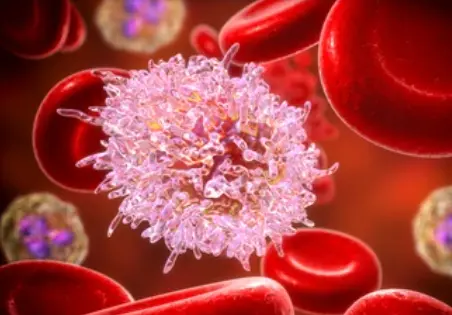 Welcome
Welcome
“May all be happy, may all be healed, may all be at peace and may no one ever suffer."
- A
- B
- C
- D
- E
- F
- G
- H
- I
- J
- K
- L
- M
- N
- O
- P
- Q
- R
- S
- T
- U
- V
- W
- X
- Y
- Z
Acute migraine attacks - Generics
Acute migraine attacks are severe and often debilitating headaches that are characterized by intense throbbing or pulsing pain, usually on one side of the head. They are often accompanied by other symptoms such as nausea, vomiting, and sensitivity to light and sound.
The exact cause of migraines is not fully understood, but they are thought to be related to changes in the brain and nervous system. Triggers for migraines can vary from person to person, but some common triggers include stress, hormonal changes, certain foods, changes in sleep patterns, and sensory stimuli.
Treatment for acute migraine attacks typically involves medications that help relieve pain and other symptoms. These may include over-the-counter pain relievers, such as ibuprofen or acetaminophen, or prescription medications such as triptans or ergots. These medications work to narrow the blood vessels in the brain and reduce inflammation, which can help alleviate migraine symptoms.
In addition to medication, non-pharmacological treatments such as relaxation techniques, biofeedback, and acupuncture may also be helpful in managing migraine symptoms. Lifestyle modifications, such as regular exercise, maintaining a healthy diet, and getting enough sleep, can also help reduce the frequency and severity of migraine attacks.
Preventive medications may also be prescribed for those who experience frequent or severe migraine attacks. These medications are taken on a regular basis to help prevent or reduce the frequency and severity of migraines.
If you experience frequent or severe migraine attacks, it is important to speak with your healthcare provider to develop an appropriate treatment plan.

Surface Disinfection

Retinal photography

Acute Lymphocytic Leukemi...

Bronchiectasis

Cold

Wound infection

Arrhythmias

Acute salmonellosis
Acute migraine attacks, তীব্র মাইগ্রেনের আক্রমণ
To be happy, beautiful, healthy, wealthy, hale and long-lived stay with DM3S.